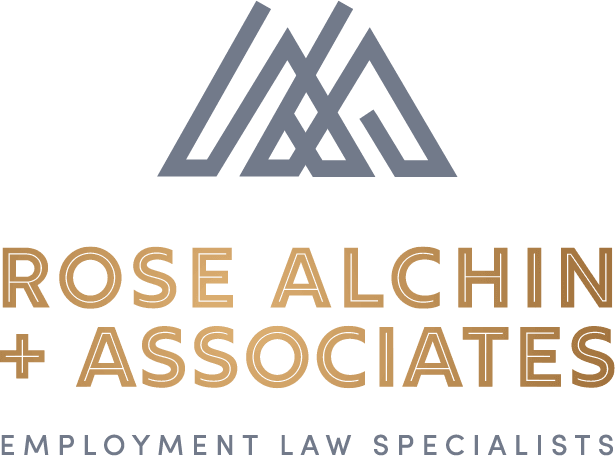Employers can use a trial period as a way of testing out new employees to ensure they are suited to the job role they have been hired for. It gives the employer peace of mind that if they take someone on who turns out to be unfit for the role, they can make an informed decision about whether that person has a future within their business.
However, there are a number of guidelines that must be followed to ensure the 90-day trial period is valid and enforceable. Often these are overlooked by employers, either in error or simply because they were unaware of their obligations and responsibilities that must be adhered to when implementing a valid trial provision.
As an employer, to ensure you have the protection of a 90 day trial period when employing someone new, you must make sure it is valid. Some things that need to be considered to ensure its validity include-
You have 19 or fewer staff employed in your business.
The 90-day trial period clause has been included in your employee’s individual employment agreement, and this has been signed by both parties prior to the employee’s start date.
The trial period clause must include- the length of the trial period (no more than 90 days), and words to the effect: “during the trial period the employer can dismiss the employee”, and “the employee cannot raise a personal grievance or other legal proceedings about their dismissal”.
Must include a valid notice period in the employment agreement.
Must be agreed upon by both the employee and the employer in good faith.
Can only be used for new staff members, existing staff members cannot have a trial period added to their IEA’s. An employee can’t be on a trial period if they’ve worked for that employer before.
The 90 day trial period is an important protection tool for employers to ensure they hire staff with the right skills and attitude to fit their team, and build their business based on its needs and requirements.
As well as the points listed above, there are many other aspects to be aware of if you are wanting to safeguard yourself as an employer by using a 90-day trial period and details that need to be considered to ensure your trial period clause in your IEA's is legitimate. The best way to do this is to seek legal advice from a qualified legal professional to review your IEA’s before you give them out to your new staff members.
About Rose Alchin & Associates
We are Hamilton based employment lawyers with an experienced team of law specialists. We offer a full range of employment law services to both employers and employees including personal grievance claims, mediation and dispute resolution, restructuring, redundancy, employment agreements, and more.


